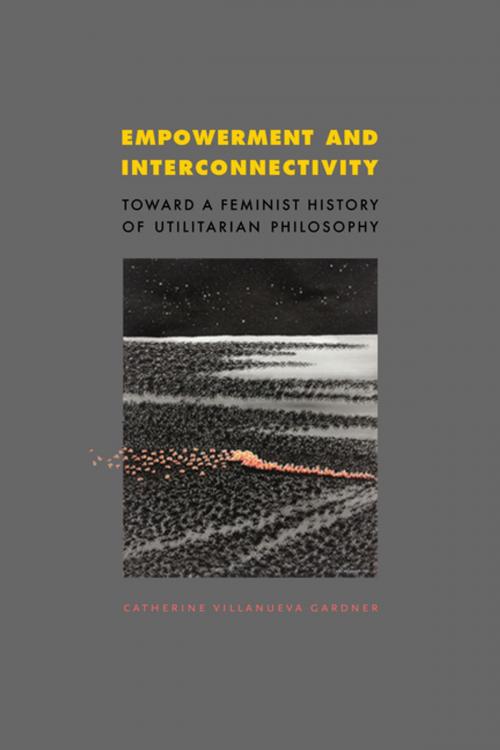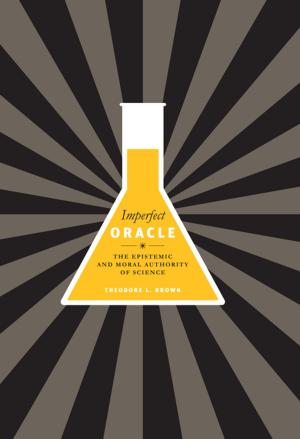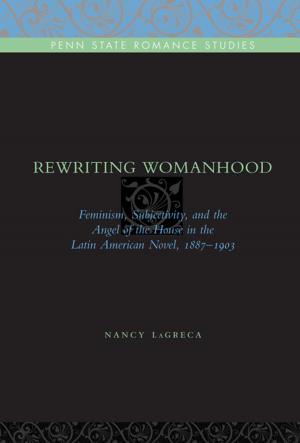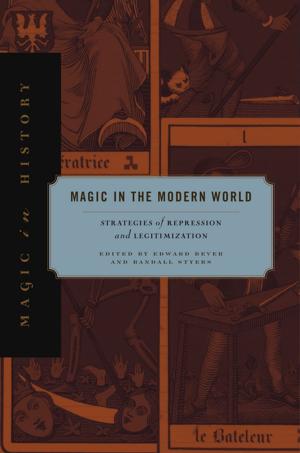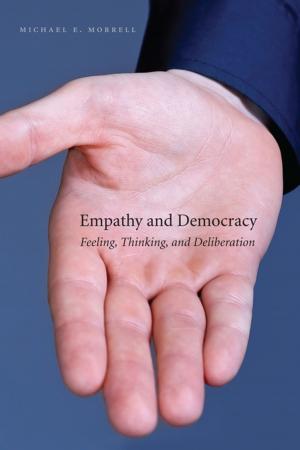Empowerment and Interconnectivity
Toward a Feminist History of Utilitarian Philosophy
Nonfiction, Religion & Spirituality, Philosophy, History, Criticism, & Surveys, Social & Cultural Studies, Social Science, Gender Studies, Feminism & Feminist Theory| Author: | Catherine Villanueva Gardner | ISBN: | 9780271068626 |
| Publisher: | Penn State University Press | Publication: | December 19, 2012 |
| Imprint: | Penn State University Press | Language: | English |
| Author: | Catherine Villanueva Gardner |
| ISBN: | 9780271068626 |
| Publisher: | Penn State University Press |
| Publication: | December 19, 2012 |
| Imprint: | Penn State University Press |
| Language: | English |
Feminist history of philosophy has successfully focused thus far on canon revision, canon critique, and the recovery of neglected or forgotten women philosophers. However, the methodology remains underexplored, and it seems timely to ask larger questions about how the history of philosophy is to be done and whether there is, or needs to be, a specifically feminist approach to the history of philosophy. In Empowerment and Interconnectivity, Catherine Gardner examines the philosophy of three neglected women philosophers, Catharine Beecher, Frances Wright, and Anna Doyle Wheeler, all of whom were British or American utilitarian philosophers of one stripe or another. Gardner’s focus in this book is less on accounting for the neglect or disappearance of these women philosophers and more on those methodological (or epistemological) questions we need to ask in order to recover their philosophy and categorize it as feminist.
Feminist history of philosophy has successfully focused thus far on canon revision, canon critique, and the recovery of neglected or forgotten women philosophers. However, the methodology remains underexplored, and it seems timely to ask larger questions about how the history of philosophy is to be done and whether there is, or needs to be, a specifically feminist approach to the history of philosophy. In Empowerment and Interconnectivity, Catherine Gardner examines the philosophy of three neglected women philosophers, Catharine Beecher, Frances Wright, and Anna Doyle Wheeler, all of whom were British or American utilitarian philosophers of one stripe or another. Gardner’s focus in this book is less on accounting for the neglect or disappearance of these women philosophers and more on those methodological (or epistemological) questions we need to ask in order to recover their philosophy and categorize it as feminist.
